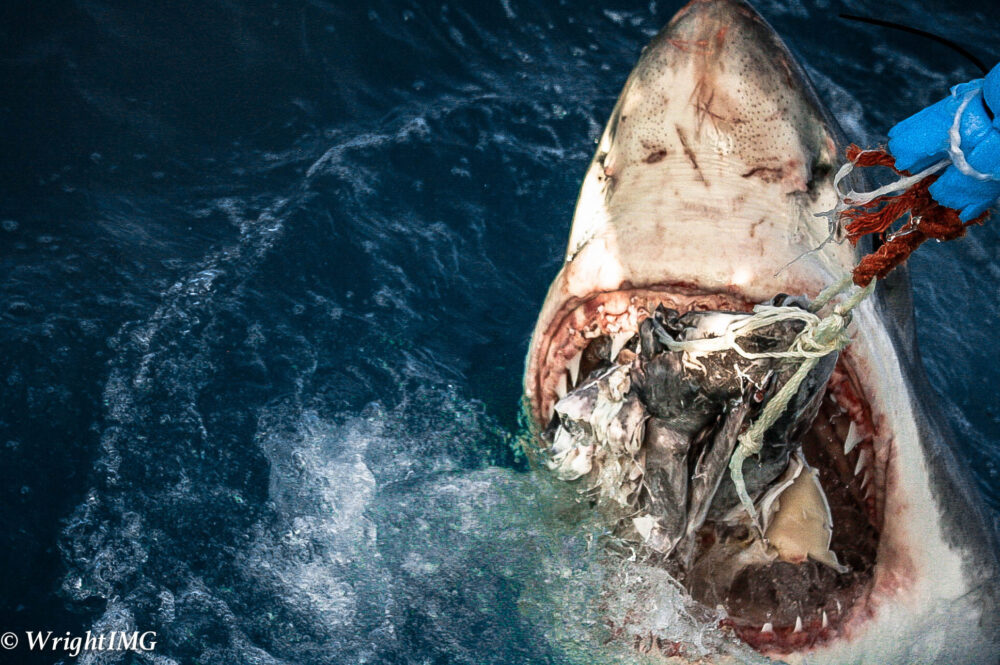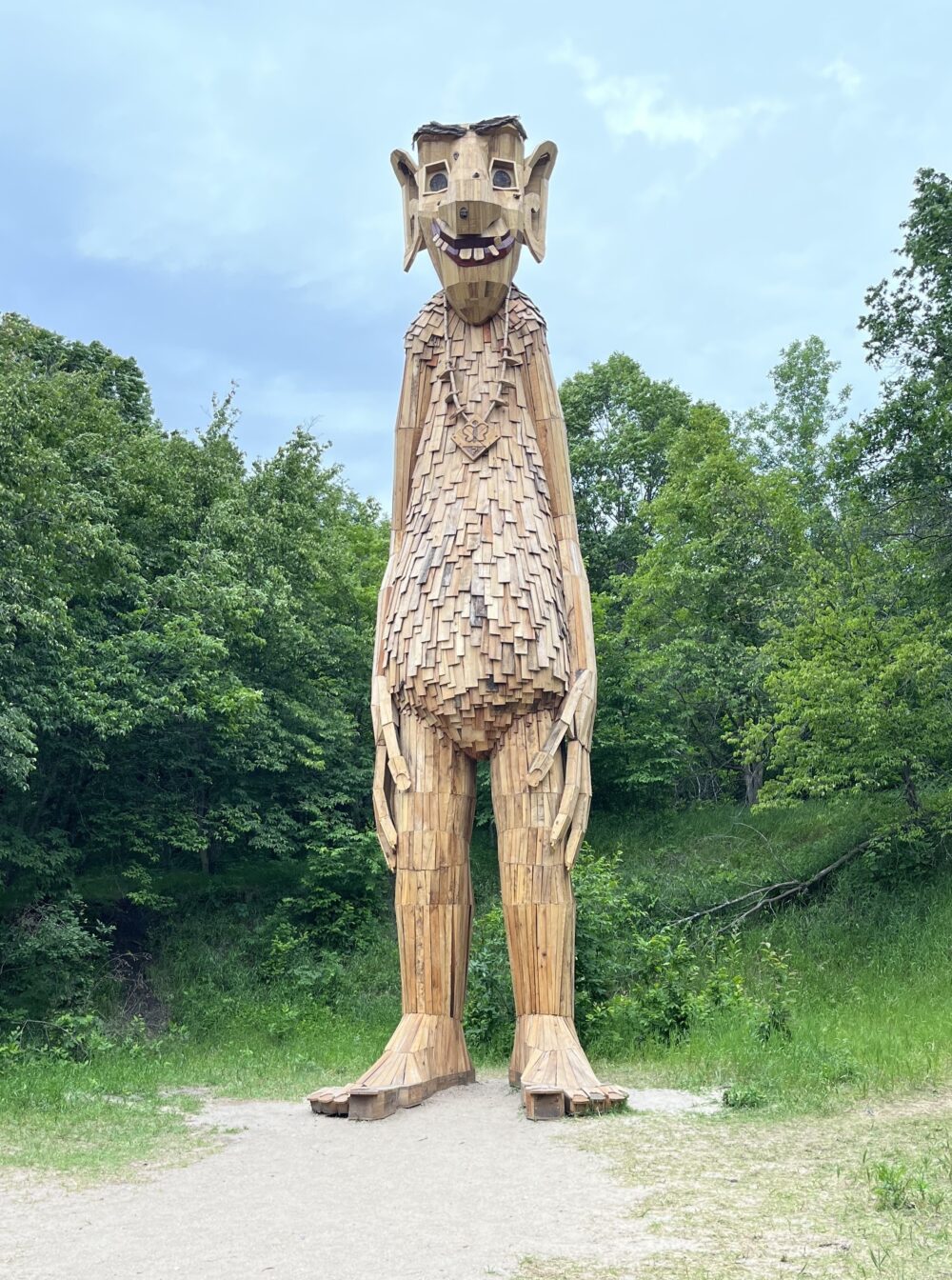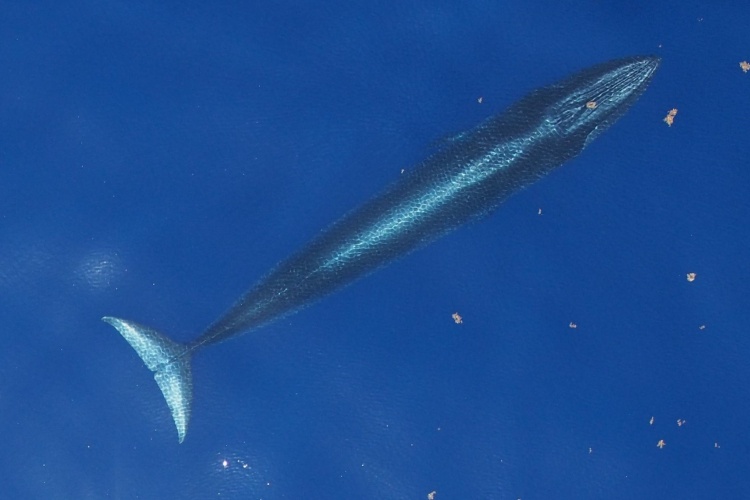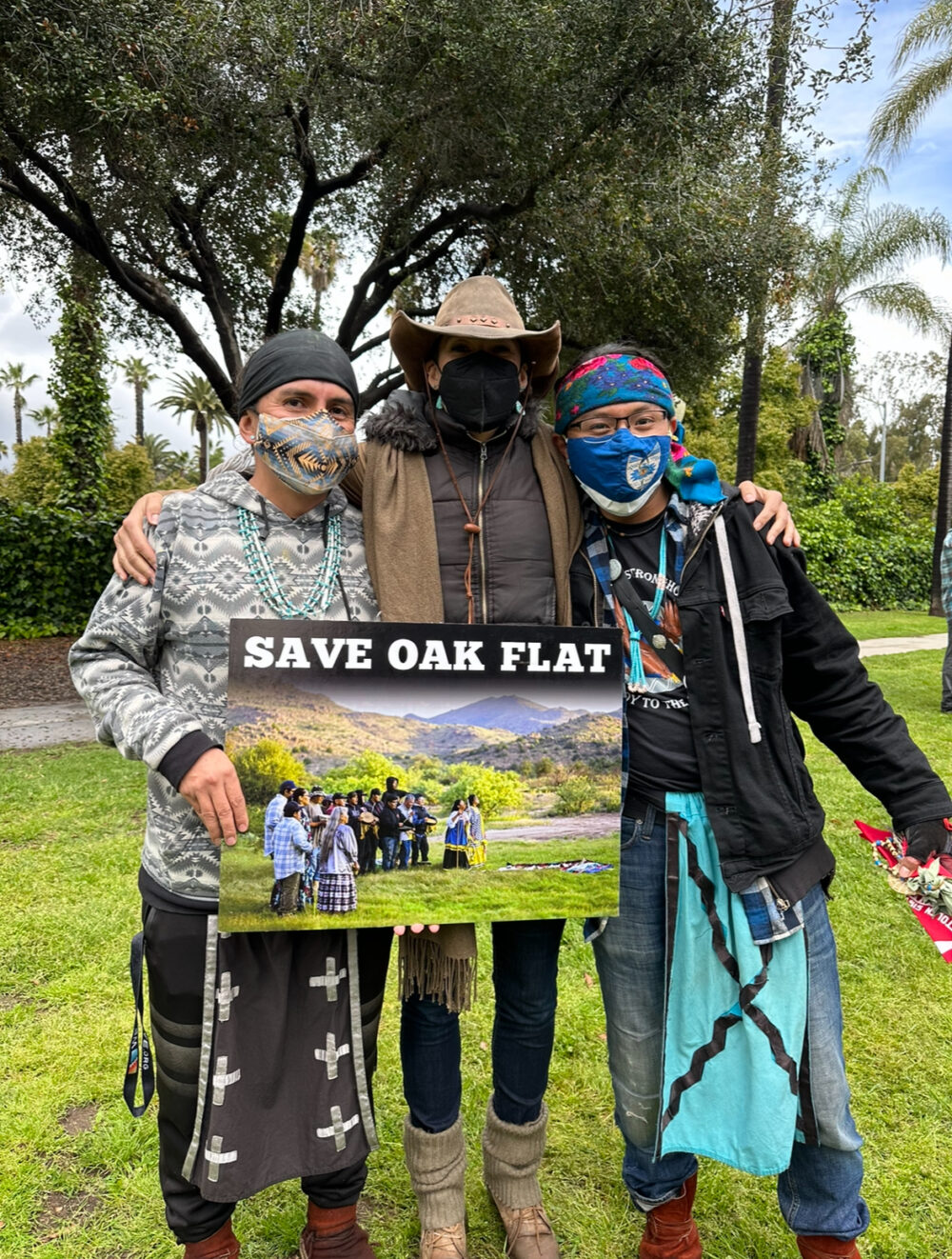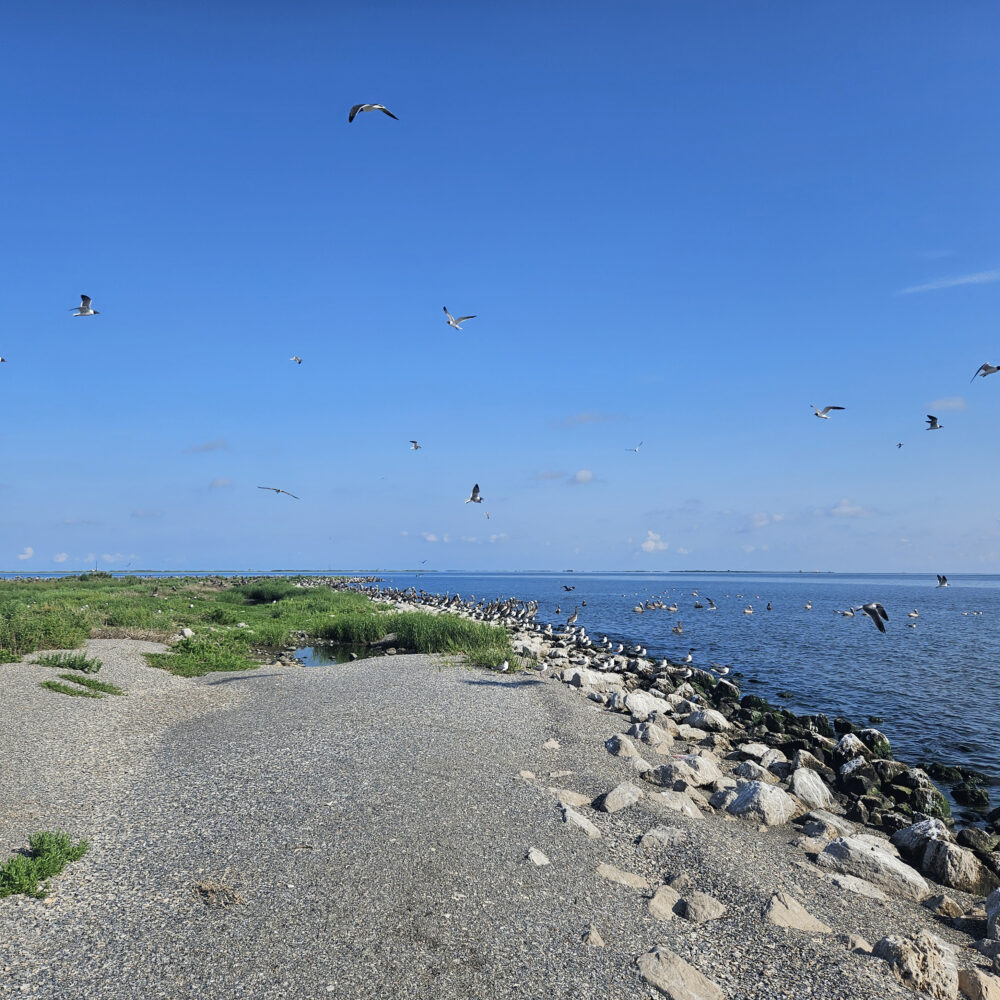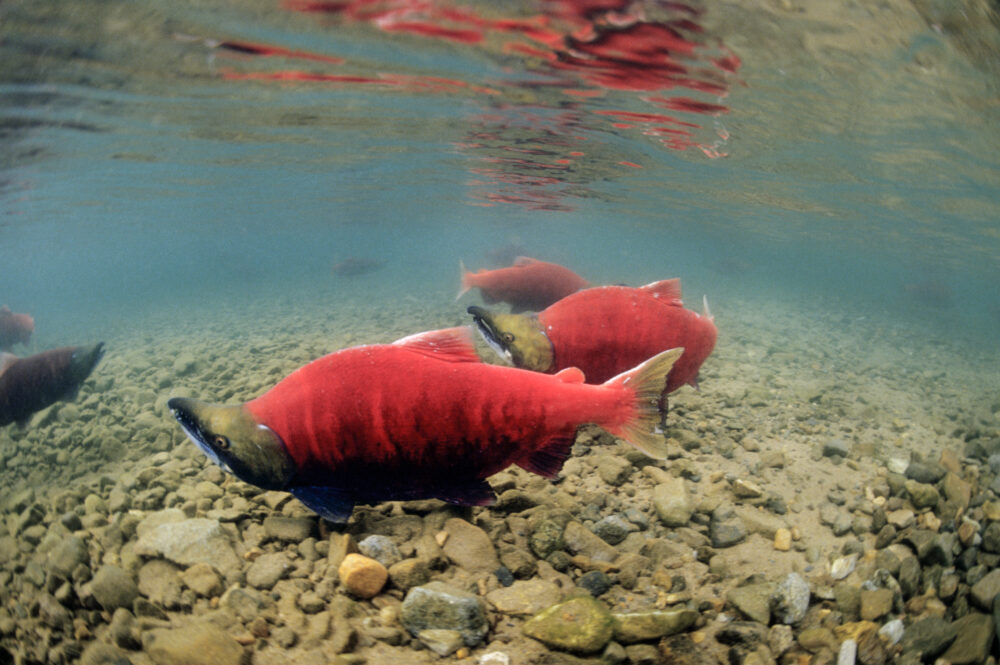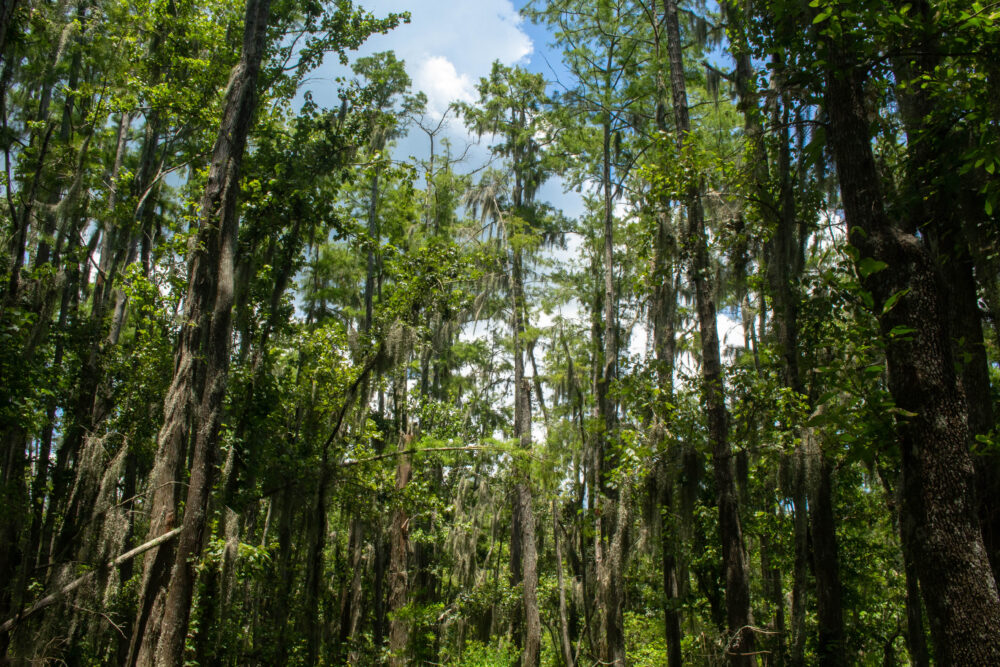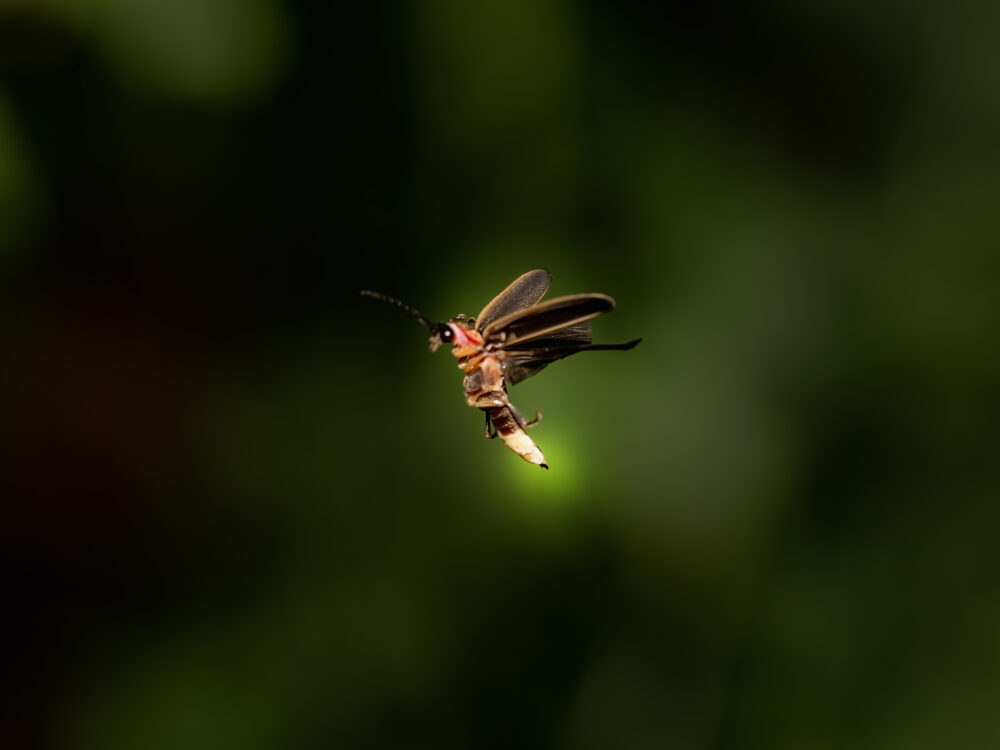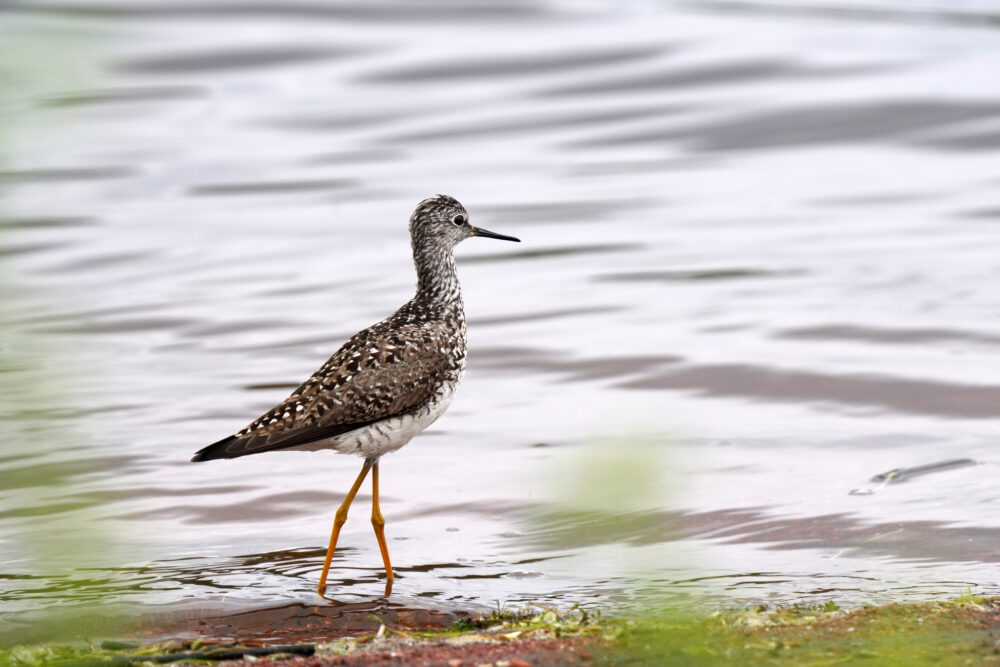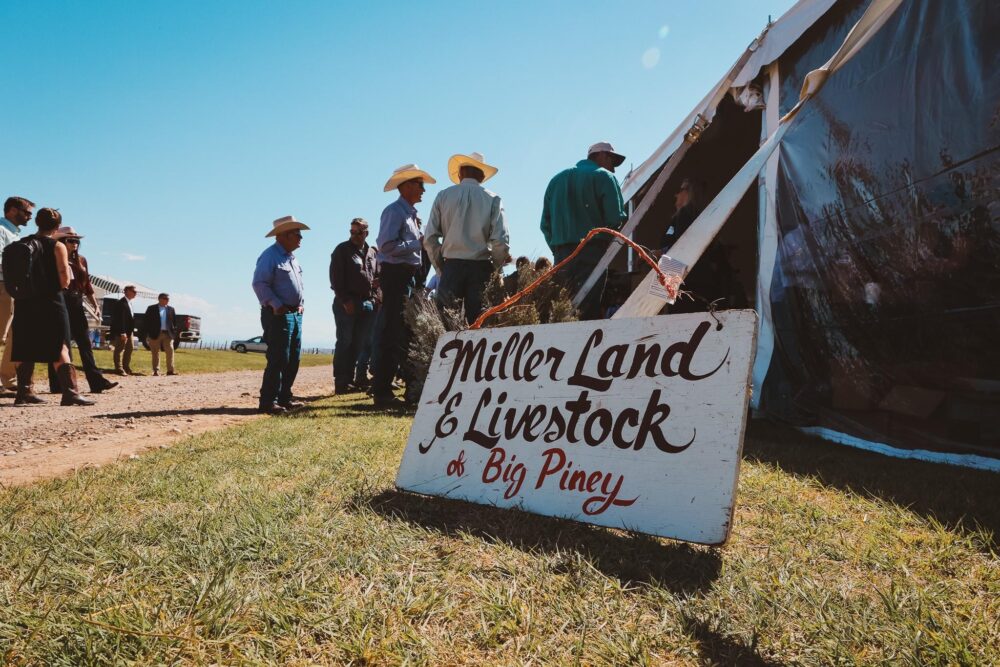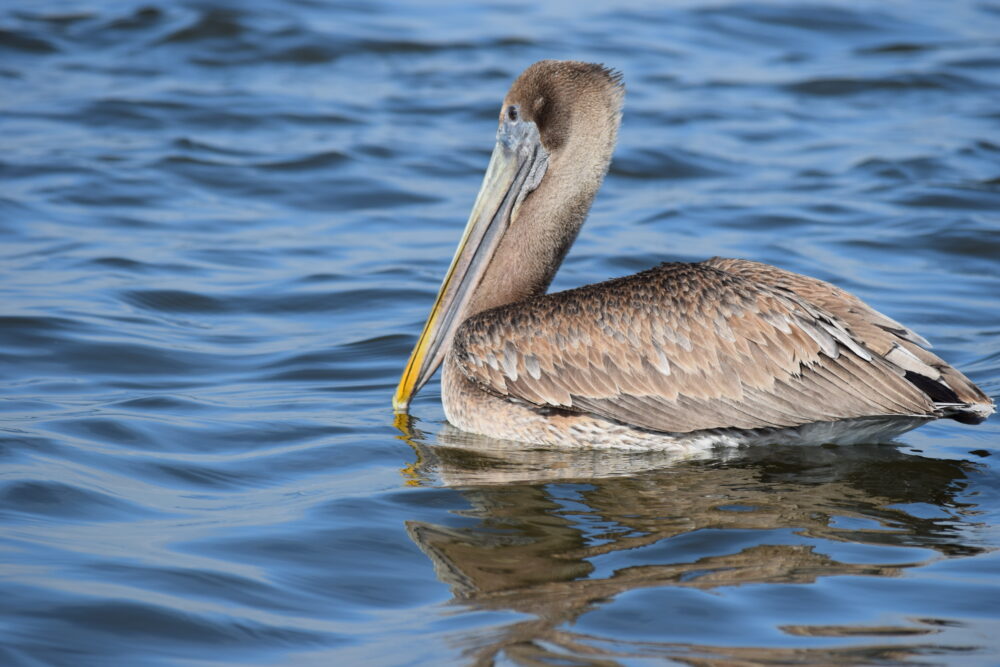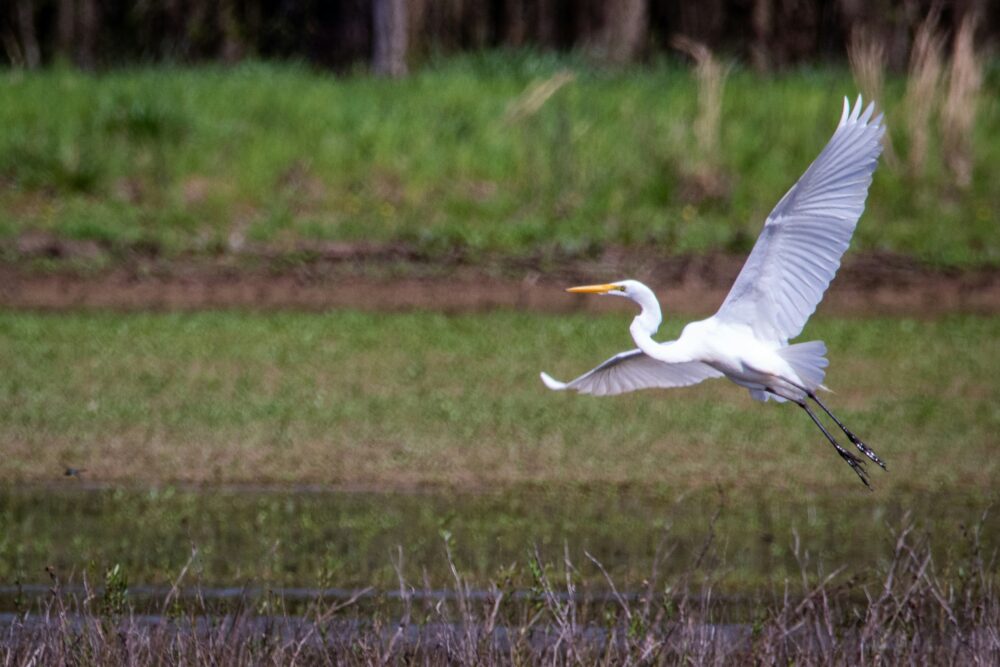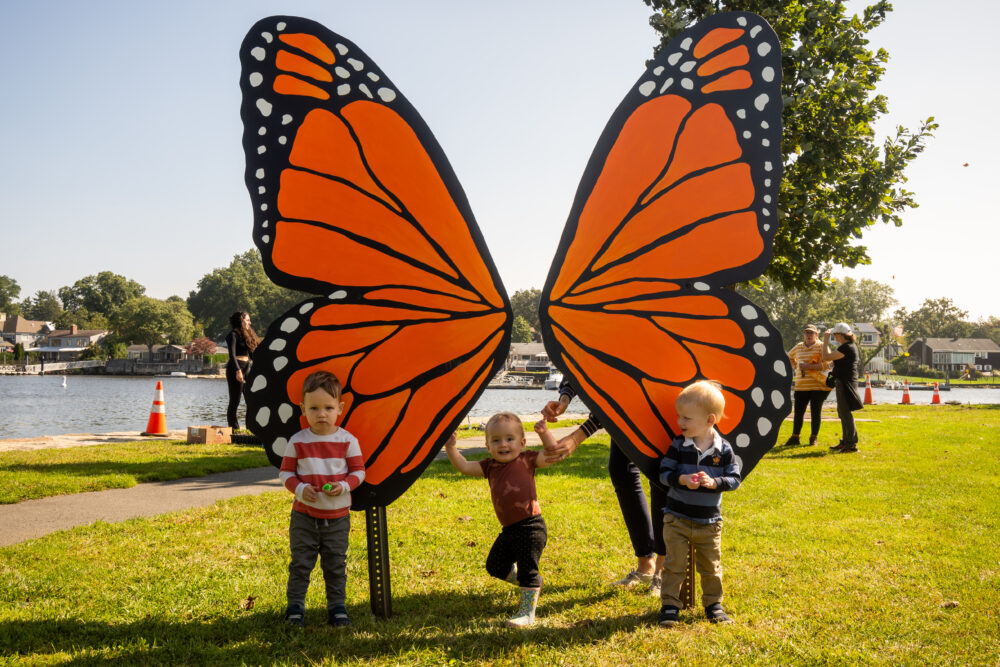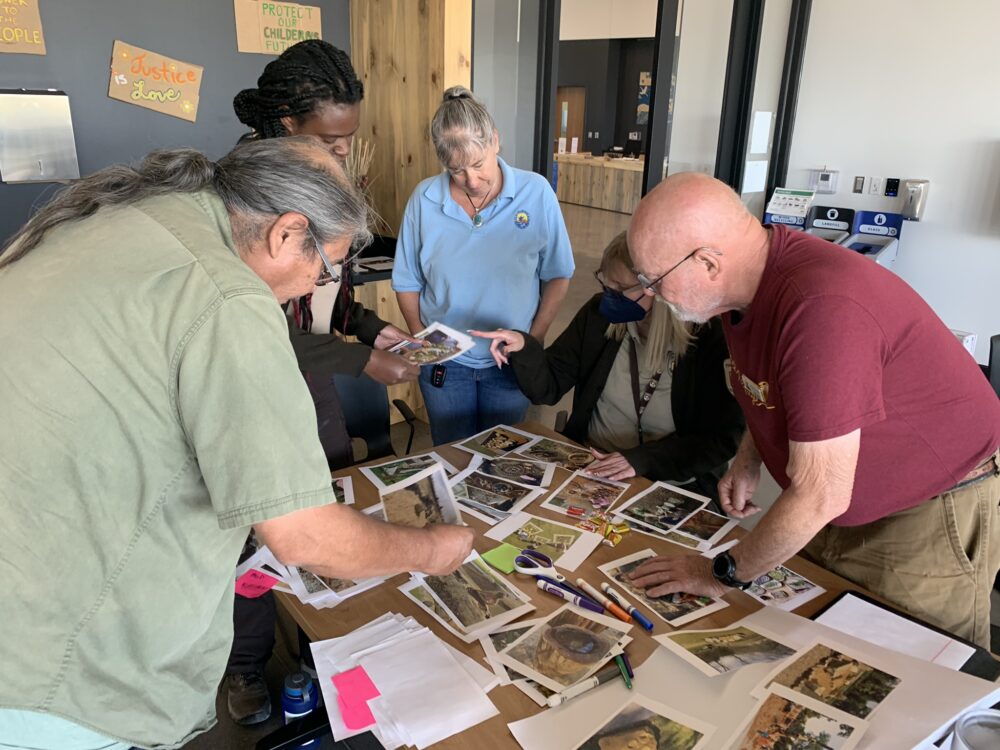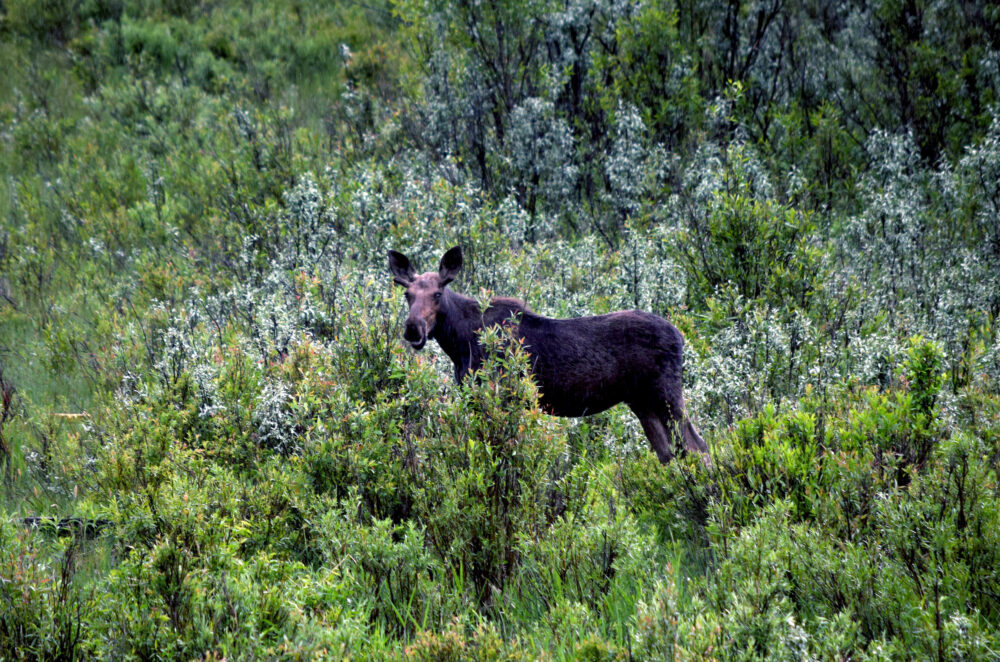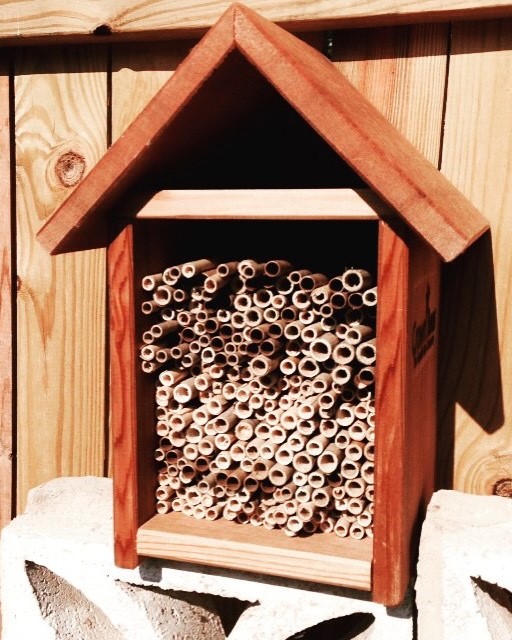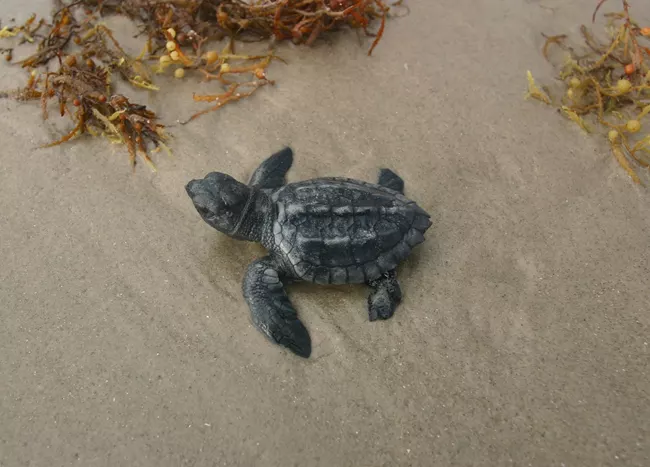We have much more to do and your continued support is needed now more than ever.
Seven Ways to Build Community and Support Wildlife During COVID-19

The COVID-19 pandemic has drastically altered our lives, leaving many with ongoing uncertainty. What is certain, however, is that now—more than ever—enjoying nature and wildlife is essential to our health and wellbeing. Everyone can benefit from connecting with our natural world, and studies have shown that gardening and spending quality time outdoors helps you de-stress, increase positive moods, and even helps improve your sleep.
Your community doesn’t have to abandon its conservation and educational efforts; take inspiration from communities and organizations across the country that are finding alternative ways to get people outdoors and gardening with native plants that can support local bee, bird, and butterfly species.
Here are seven ways that you can build community and support wildlife conservation during this pandemic:
1. Support families in your community by sharing tips and resources for at-home gardening
The Community Wildlife Habitat team of Dublin, Ohio, has been engaging families in their town by sharing videos and handouts that focus on best gardening practices and guidance on how to certify their yards or patio gardens as wildlife habitats.
The National Wildlife Federation has countless online resources that can help you do the same in your hometown. Gardening is a great family activity, so be sure to include tips on gardening with kids and easy outdoor activities, like a backyard scavenger hunt or building a fairy house!
Spread the news about the National Wildlife Federation Nature Guide apps, which allow you to access 50,000 pages of nature content and species profiles, all from your phone or tablet device! See here for guidance from our naturalist, David Mizejewski, on how to use these incredible apps.
2. Host an educational webinar about native plants in your community
Gardens filled with native plants are best for supporting native bees and pollinators like the monarch butterfly. The North Carolina Wildlife Federation hosted a virtual webinar focused on sharing the most suitable native plant species for the Piedmont region. Use the National Wildlife Federation’s ecoregional plant list, the native plant finder tool, and other local resources to host a webinar of your own to share the native plants that will support your local pollinators.
3. Host a virtual festival
Host a virtual event that celebrates the great wildlife conservation work happening in your community. A virtual festival can bring your community together and offer opportunities for education, recognition, and fun! Seattle’s Community Wildlife Habitat team held its fourth annual “Wildlife in the City Week” virtually. They post daily volunteer spotlights on social media that highlight the great work of dedicated community wildlife team members in the Seattle area.
Virtual festivals also provide an opportunity to educate interested community members on wildlife topics. Your community group can invite local speakers, wildlife specialists, or even well-known authors to participate in online educational sessions. The New Jersey Audubon hosted its 43rd annual Cape May Spring Festival virtually. The festival included guest speakers such as a prominent author and YouTube sensation, as well as webinar presentations on birding locations in the region and the Audubon’s world-renowned shorebird migration locations.
4. Host a virtual book discussion
A virtual book discussion allows your community group to engage with topics that highlight environmentalism, conservation, or wildlife issues. The Garden Club of Harwich, Massachusetts, a certified Community Wildlife Habitat, plans to host a virtual book club discussion about Dr. Doug Tallamy’s new book, “Nature’s Best Hope: A New Approach to Conservation that Starts in Your Yard.” The book gives readers tools to address the wildlife crisis through grassroots efforts they can do at home. Consider organizing a book giveaway in your community!
5. Host a wildlife trivia event
Free virtual meeting platforms, such as Zoom or Google Hangouts, give you the capability to organize an online wildlife trivia event where your community members, partners, friends, and family can create teams and engage in a fun night of friendly competition. Trivia topics could include wildlife fun facts, pollinators, Garden for Wildlife, or a special focus on your community! Check out some of the National Wildlife Federation’s favorite wildlife quizzes for inspiration.
6. Encourage and participate in community science
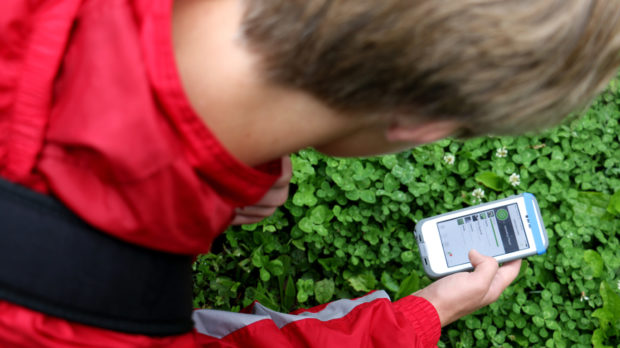
You can promote community science, also called citizen science, by encouraging your community members to safely explore the wildlife right outside their door – respecting social distancing protocols – and to upload photos of what they find to the free iNaturalist platform. Use iNaturalist to create a virtual event that consists of daily challenges, using friendly competitions like wildlife scavenger hunts, and other learning opportunities to keep people engaged.
The New Jersey Audubon recently utilized the platform to host a statewide Bioblitz to celebrate Earth Week, and in one week, they received 3,628 community science submissions that cataloged 913 unique species.
7. Create a self-guided garden tour for your community
The Missoula Community Wildlife Habitat team is hosting self-guided garden tours that comply with social distancing protocols. Residents are encouraged to visit the many public Certified Wildlife Habitats labeled on the map and post a picture for a chance to win a free native tree seedling!
Hosting a garden tour in your community is a great opportunity to expand awareness about the National Wildlife Federations’ Community Wildlife Habitat program, or your local outdoor attractions, as it gives those of us looking to enjoy nature, a safe and educational opportunity to do so.
To ensure your planned events are as accessible as possible, consider waiving registration fees for your virtual events and webinars. If your community decides to host a virtual fundraising event, make your event donation optional!
Organizing any of these events will provide people with easy, relaxing, and educational opportunities to get outdoors and engage with nature. Whether it’s a larger effort that engages hundreds virtually or simply encouraging families to become citizen scientists with their children, let this time be an opportunity to expand capacity and build community.
Join our Community Wildlife Habitat Facebook group to stay updated on webinars, resources, and events relevant to alternative programing and updates from other communities.

